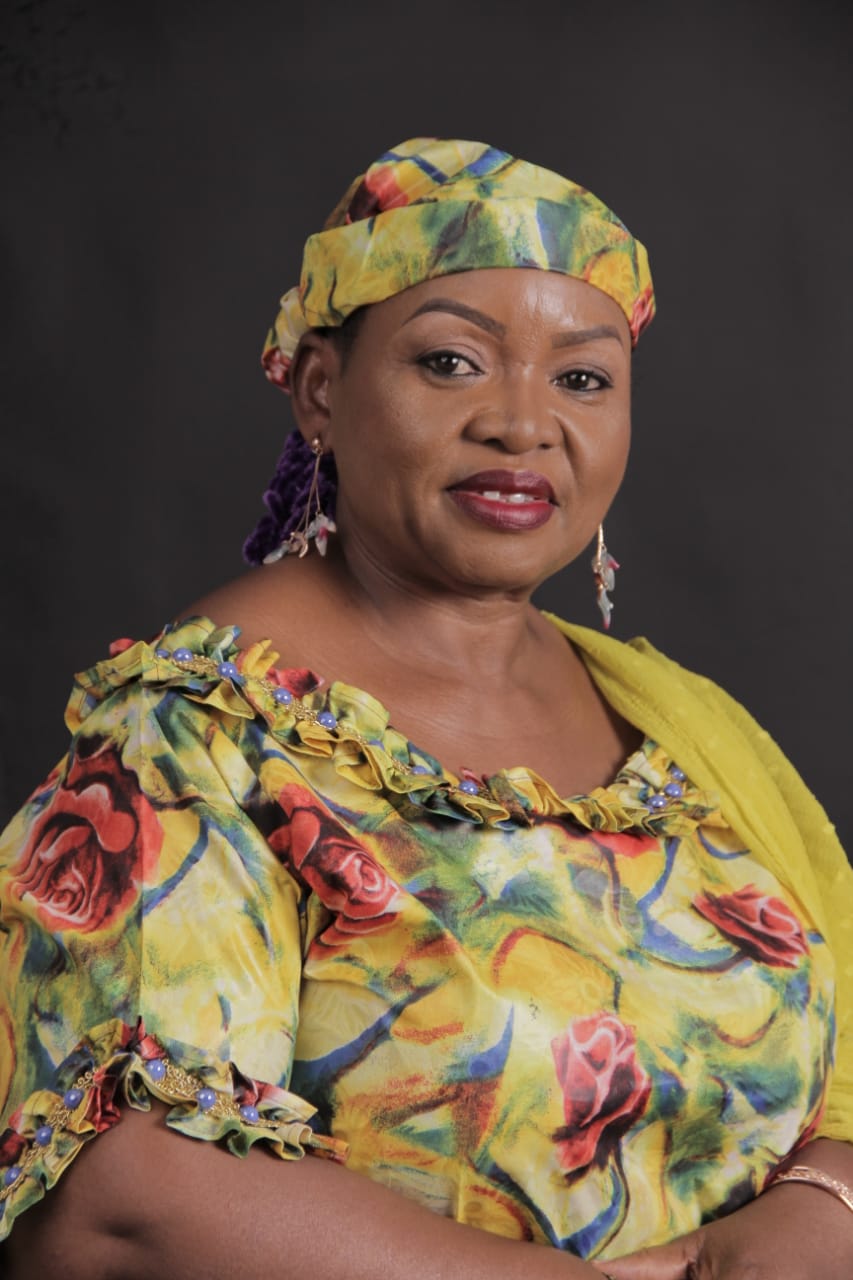
Following its removal from Federal Government budgetary allocation, some stakeholders in the maritime industry have sharply criticized the Council for the Regulation of Freight Forwarding in Nigeria (CRFFN) over its recent alliance with the Maritime Workers Union of Nigeria (MWUN).
Amidst a backdrop of six months of unpaid staff salaries, the stakeholders argue that the council’s new relationship with MWUN signifies desperation and reflects a loss of its regulatory authority and direction.
Shipping Position Daily recalls that Acting Registrar of the CRFFN, Mrs Chinyere Uromta during a recent courtesy visit by MWUN at its operational headquarters in Lagos had blamed the Council’s removal from federal budgetary allocations as the primary reason for its inability to pay workers’ salaries for about six months.
Uromta noted that the financial strain has severely crippled the council’s operations, preventing it from fulfilling its regulatory mandate effectively. However, she explained that this was one of the major reasons workers in the agency recently ran to MWUN to seek refuge under the Shipping, Clearing & Forwarding Agencies Workers Branch of the union.
Responding, the MWUN President-General, Comrade Adewale Adeyanju commended the resilience and commitment of the Acting Registrar, even as he promised to get involved in finding solutions to the numerous challenges facing the Council.
Adeyanju also assured that the Union will engage with the government and other necessary revenue generating agencies and stakeholders in the maritime sector to salvage and revitalize the CRFFN.
But, speaking with our correspondent last week, a chieftain of the Association of Nigerian Licensed Customs Agents (ANLCA), Mr Pius Ujubonu lampooned the CRFFN on its move to seek help from MWUN. He argued that the Council has failed to adequately understand and execute its regulatory responsibilities within the maritime sector.
Ujubonu pointed out that, by law, the Maritime Workers’ Union of Nigeria and associated groups such as the Amalgamated Maritime Truck Owners (AMATO) and even drivers within these unions fall under the CRFFN’s regulatory jurisdiction. However, the council has predominantly focused its efforts on regulating Customs clearing agents, neglecting other crucial segments of the industry.
The ANLCA Chieftain described the situation as “absolute foolishness” and a shame for the CRFFN to have ran to MWUN for help, criticizing the council for not recognizing its power and position.
“The Maritime Workers’ Union of Nigeria, by the CRFFN Act is part of the people the CRFFN is supposed to regulate. But the problem remains that the people who are supposed to be the members of the Council are completely limited by knowledge as to those who are supposed to be under them. AMATO and even the drivers, that is the workers’ union amongst them, are supposed to be under the CRFFN.
“But CRFFN is only concentrated on Customs agents. It is not them that should have gone to the Maritime Workers Union of Nigeria. It should have been a simple letter. One single letter would have attracted them to the Council. But the unfortunate thing is that they don’t know the strength they have. They don’t even know the scope of their jurisdiction.
“They are supposed to be regulators, but who are supposed to be the regulatees? They really do not know. So if the Maritime Workers Union goes there to either intimidate, harass or hoodwink them, it is a shame for them. CRFFN do not know the authority they have. They do not know the position they are holding. As far as I am concerned, I see it as absolute foolishness.
Also speaking, the Deputy National President of the National Association of Government Approved Freight Forwarders (NAGAFF), Mr Simeon Nwonu likened the financial struggles of CRFFN to the difficulties faced by a child being weaned off its mother’s milk.
Speaking on the recent financial independence imposed on the CRFFN by the government, Nwonu explained that the abrupt removal of budgetary allocations has left the CRFFN grappling with financial instability, resulting in unpaid salaries for several months.
Nwonu emphasized the importance of the CRFFN developing self-sustaining revenue sources to address these challenges. He suggested that signing a Memorandum of Understanding (MoU) with the Maritime Workers Union of Nigeria could be a viable step towards overcoming their financial hurdles.
The NAGAFF Deputy President also highlighted the importance of the Practitioner Operating Fees (POF). According to him, CRFFN has struggled to enforce this fee due to a lack of coercive power. He added that the necessity of such revenue-generating measures has become increasingly apparent.
To overcome these challenges, Nwonu advised CRFFN to call for a stakeholder’s forum in order to build synergies with various associations and stakeholders, including the Maritime Workers Union of Nigeria.
“When a nursing mother wants to wean her child, it is not usually easy for that child because the child has to undergo a process. Until after a time, the child will start adjusting to the sudden stop. The same thing is applicable to CRFFN. CRFFN has been feeding fat on federal revenue and the federal allocation from the Ministry of Transportation.
“So the onus lies on them to look inward, and develop areas of self-sustenance. That is very important. So if they think that going to sign a MoU with the MWUN is what will help them to scale through the hurdle, I think they have to do it.
“So the CRFFN needs to synergize with the associations. Not only the Maritime Workers Union. They need to go on sensitization to all the associations and Maritime Union, and all the stakeholders should be involved. That’s the only way they can sustain it”, Nwonu noted.
On his part, the National Secretary of the Association of Registered Freight Forwarders of Nigeria (AREFFN), Mr Frank Obiekezie highlighted the necessity for a comprehensive evaluation and strategic planning to restore the council’s effectiveness and relevance.
Obiekiezie noted that the formation of alliances or mergers between CRFFN and MWUN was driven by a survival instinct among its stakeholders. He lamented that the prolonged absence of a functional governing council has led to inactivity and a loss of relevance for the CRFFN among stakeholders.
Despite this, Obiekezie argued that if the POF is efficiently managed, it would revitalize and sustain the Council. He emphasized that the CRFFN must operate as an independent agency, though it needs to manage its resources wisely.
Similarly, the AREFFN scribe suggested that the first step to revitalizing the council is to convene a forum of stakeholders to brainstorm on the solutions and chart a way forward for the council.
“But I know that there’s still POF. So at the end of the day, there might be some rationalization. CRFFN is necessary and it must stand as an independent agency at the end of the day. But they have to cut their coat according to their size and cloth. The Maritime Union can help them only to a limited extent. The Maritime Union cannot give them money or make their management pay the workers if they don’t have the money. So the first thing is, I think they need a forum of stakeholders to brainstorm on the way forward for CRFFN.
“As for the Acting Registrar, if they want to confirm her, they should go ahead and do that. If they don’t want to confirm her, they should try to look for somebody else who can turn the place around. The place is not functioning from the point of view of an average freight forwarder”, Obiekezie said.















